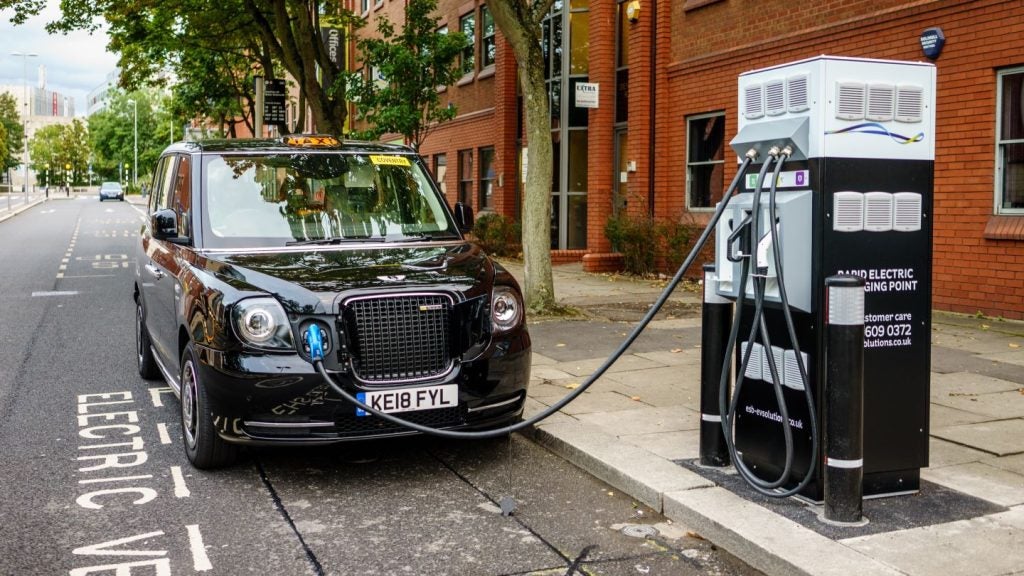 During the week Leasing Life went to press,
During the week Leasing Life went to press,
news of two potential M&A deals in the car leasing sector
pointed to the fact things could be heating up.
Banks must trim their balance sheets
and these non-core assets are among the most logical ones to
divest.
The questions that come up are whether
two deals might be too much for the market too soon and which – RBS
selling Lombard Vehicle Management or ING selling Car Lease – has a
better chance of going ahead.
The fact these are not fire sales is
probably worth mentioning, but both buyer and seller will be
mindful liquidity has returned and will want to do a deal sooner
rather than later.
What will make things challenging is
that car leasing is a mature market and is very cost intensive. It
has become increasingly difficult to find something in these
businesses, especially the large ones, which gives them a
competitive edge.
Price and service may be two ways of
obtaining this edge, but this is a tough sell in an overheated
market. Finding the economies of scale to make these large-scale
acquisitions work will no doubt require a lot of cost cutting,
hence a potential head ache for the acquirer.
How well do you really know your competitors?
Access the most comprehensive Company Profiles on the market, powered by GlobalData. Save hours of research. Gain competitive edge.

Thank you!
Your download email will arrive shortly
Not ready to buy yet? Download a free sample
We are confident about the unique quality of our Company Profiles. However, we want you to make the most beneficial decision for your business, so we offer a free sample that you can download by submitting the below form
By GlobalData Buying these businesses is something the bigger players can
Buying these businesses is something the bigger players can
probably do, but as our ING Car Lease story shows, a few of them
have ruled out their interest on account of them not being
multi-marque. That makes the pool smaller.
Those that want to acquire the
business, reported to be worth €4bn, will want to grow returns by
achieving economies of scale.
And considering some banks’ debt costs
are around 3% and some of them want returns of capital of around
6%, finding the economies of scale in merging two large businesses
that will allow for those returns will be part of the cost cutting
headache for bank acquirers.
The reported equity cheque required
for the transaction may deter some of the smaller players, while
private equity return targets, some of which are 20-30%, will
likely deter these players from looking.
While equity is a concern, the debt
requirement, particularly for the Car Lease transaction, will also
test financial market appetite. Several bank funded deals in the
European corporate space have stalled in the last year, while
others have been restructured to reflect market capacity.
While liquidity is returning, it will
be a while before banks are able to underwrite a deal for the
amounts required.
On the plus side, sources contacted by
Leasing Life have said securitisations could be used in
leasing M&A transactions, in addition to a combination of bank
and bond debt.
The deals will get done. But in these
times, when competitive pressures impact on the ability to generate
exceedingly high profits to ensure good equity returns, it may be a
while before we see anything inked.
Linked to this is the fact that there
will be a lot of negotiation to ensure that deals are appropriately
leveraged. Pricing discussions will thus also add to the protracted
process.
Which acquirer gets there first
depends on who pays the best price and, for a mature and highly
competitive industry, this could be far less than the figures we
have seen reported.
Janet Du
Chenne
janetduchenne@vrlfinancialnewscom







